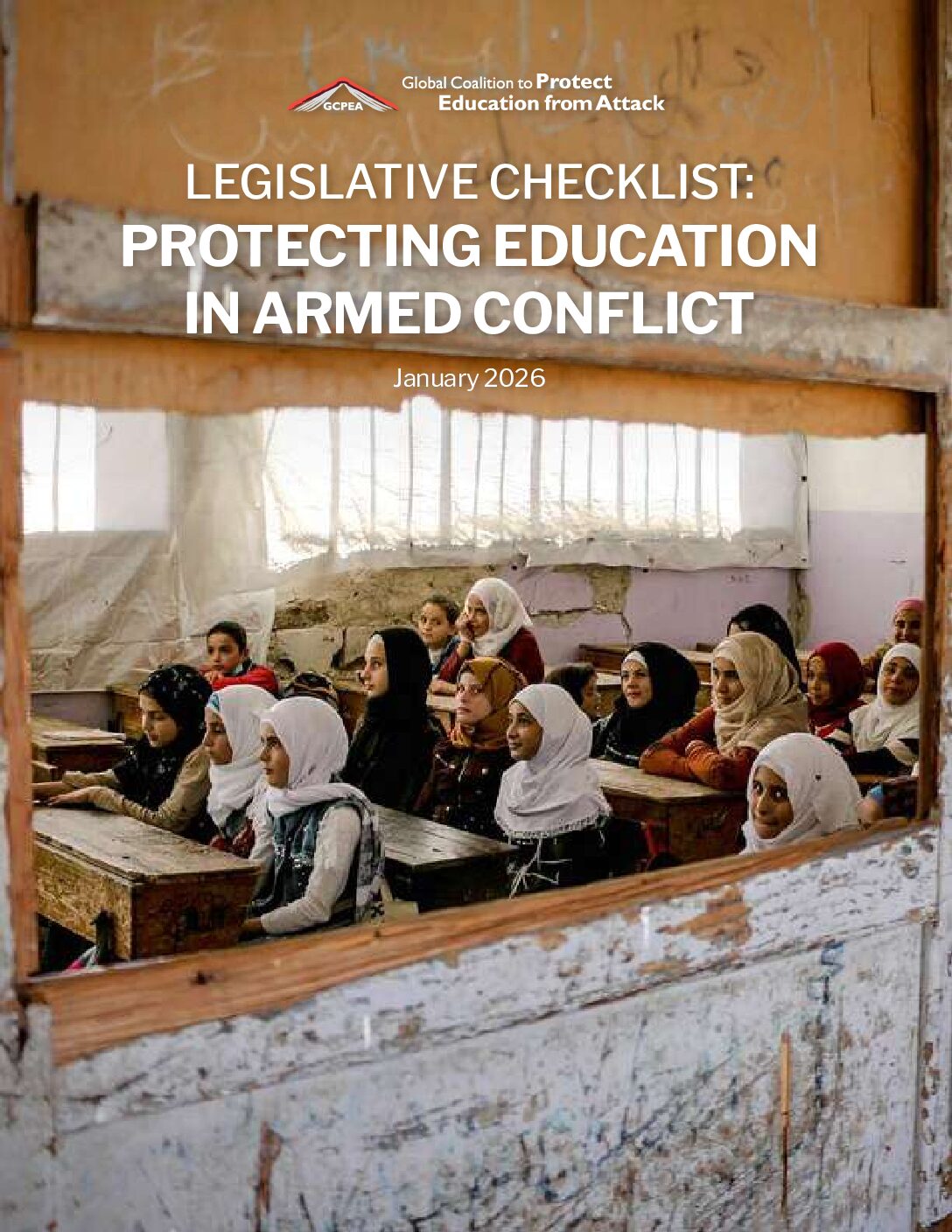GCPEA News
Malala Day: one brave activist girl – but 50 million children still deprived of education
Save the Children, July 13, 2014
A young girl has turned a year older and completed another year of school.
This may seem pretty normal but for Malala, it was only a few years ago that neither of those things seemed likely to happen.
So many brave children
Malala’s story is familiar to us all – so much so that she has asked that today, on Malala Day, we focus instead on the stories of millions of other children around the globe who have also shown great courage in the pursuit of what should be a right: a safe, high-quality education.
The abduction of the Nigerian schoolgirls, which sparked widespread public and political outrage, is sadly just one of many attacks on girls who want only to get an education that take place around the globe.
A recent report by the Global Coalition to Protect Education from Attack found that in the last five years, attacks were reported in 70 countries; in 30 of these countries, the attacks formed a pattern.
50 million children denied the chance to go to school
In fact, around the world, 50 million children affected by armed conflict are being denied the opportunity to go to school.
This is in addition to the exploitation and abuse – including being recruited into armed groups, forced into early marriage or sexual violence – to which these children are vulnerable.
But the tide is turning against the enemies of education.
The Lucens Guidelines
Countries are speaking out against these attacks and, importantly, speaking up for possible solutions, such as a series of guidelines for protecting schools and universities from military use during armed conflict, known as the Lucens Guidelines.
While not intended to be legally binding, they complement existing international humanitarian law and create the possibility for a real change in mentality as they make their way into military doctrine, manuals and training.
We believe a widespread adherence to these guidelines could really improve access to education in countries torn up by conflict.
Safe schools: a way to protect and restore children in conflict
Safe schools can protect children from the worst atrocities, as well as mitigating the psychosocial impact of war.
But, perhaps most importantly, they can offer children a sense of normality and routine amid the unpredictability and horror of conflict.
Our recent partnership with the Malala Fund has given us the opportunity to work together to support the educational needs of children in conflict.
That’s why on Malala Day we are keen to talk about these guidelines’ potential to uphold every child’s right to education.
As Malala herself has said: “We are stronger than the enemies of education. We are stronger than fear, hatred, violence and poverty.”



